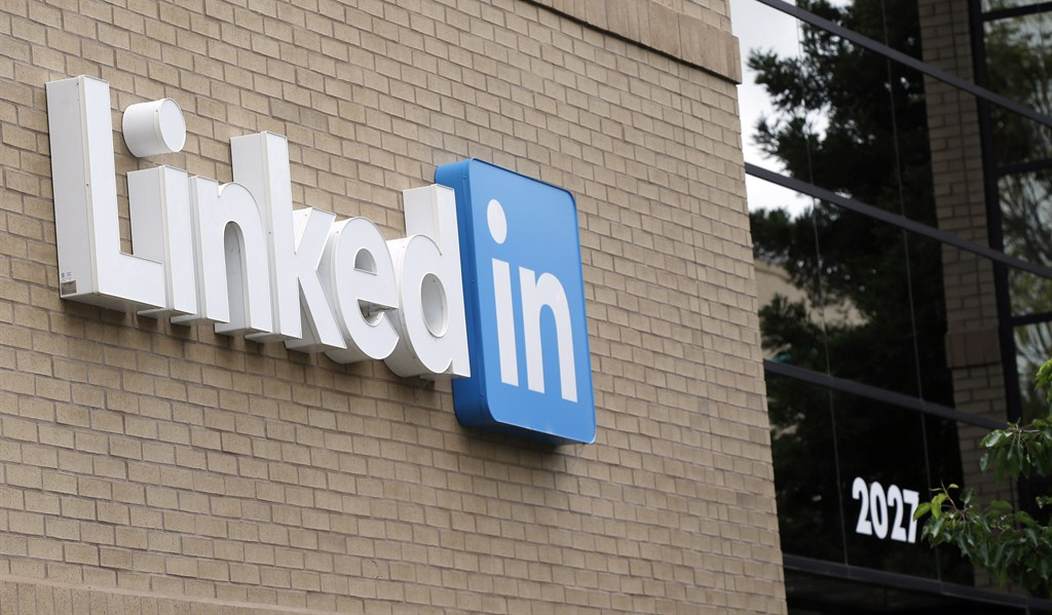As sensational and disturbing as have been Elon Musk’s revelations about how Twitter cooperated with Democrats in the FBI, the intelligence community, and Congress to censor news and opinions of which they disapprove, it is naive to think the same problem isn’t as bad, if not much worse, at other social media outlets.
“*Every* social media company is engaged in heavy censorship, with significant involvement of and, at times, explicit direction of the government,” Musk tweeted recently.
Think about that for a second: Government officials routinely reach out to Twitter, Facebook, Google, and other social media to censor your posts. It matters not that you are expressing your opinion, your right to which is constitutionally guaranteed by the First Amendment, and/or facts that members of the public have the same right to read or hear.
The essence of tyranny is the power of one or a few to decide what the rest of us can hear, read, or say without having to justify their actions.
Related: Biden Administration Funding AI Research That Detects ‘Microaggressions’ on Social Media
Musk could have included LinkedIn on his list of willing censorship tools for Democrats in government. If you aren’t familiar with LinkedIn, it is a website used by millions of people, especially in professional and corporate communities, to network, seek, or offer jobs and express their opinions about political issues.
But try to post something contrary to the Democrats’ approved opinion and narrative, and you may well find yourself being accused of peddling “misinformation” and having your post disappeared.
That happened to me recently when I posted the following on LinkedIn:
If George Santos must resign for lying about his past, why shouldn’t the mainstream media at least apologize for six years of “news” stories based on the Russiagate Conspiracy theory that six academic data wonks now say was based on no evidence? #russiagate #santos #politics #media #mediaethics https://lnkd.in/e6XzssFA
That post linked to my Jan. 11 column on PJ Media that was headlined “Here’s How George Santos and the Mainstream Media are Just Alike.” That column linked to a peer-reviewed, bombshell data analysis by three data wonks at New York University and three from European universities that focused on Russia’s attempts to influence the 2016 U.S. presidential election.
Here’s what they found:
We demonstrate, first, that exposure to Russian disinformation accounts was heavily concentrated: only 1 percent of users accounted for 70 percent of exposures. Second, exposure was concentrated among users who strongly identified as Republicans.
Third, exposure to the Russian influence campaign was eclipsed by content from domestic news media and politicians. Finally, we find no evidence of a meaningful relationship between exposure to the Russian foreign influence campaign and changes in attitudes, polarization, or voting behavior.
That’s as comprehensive a demonstration of the falsehood of the basic claim behind the Russia-gate conspiracy theory as it gets. Yet this claim was used by Democrats in government and the media for now-going-on-seven years to discredit and disgrace former President Donald Trump and anybody who dares to question the “Russia! Russia! Russia!” hoax.
It is vital to note that the six authors of this particular study provide everything needed for anybody else to see the datasets they used, how they conducted their analyses, and the analytical steps they used to reach their conclusions. This is what intellectually honest authors of data analyses do as a matter of course.
To date, among the major mainstream media outlets, only the Washington Post has reported the results of the study. This, despite its focus on what the New York Times called “the Pearl Harbor of the social media age: a singular act of aggression that ushered in an era of extended conflict.”
But only a few hours after I posted the link to my PJ Media column on the study, I received a notification from LinkedIn telling me that “Your post goes against our Professional Community Policies. It has been removed and only you can access it.”
Clicking through the link in the notification to request a review of LinkedIn’s decision, I was informed that the “post was removed for misinformation.”
Now, regardless of how it is actually defined, “misinformation” is an accusation that ought to be based on demonstrable evidence. So, I fired off the following response via the link LinkedIn provides for seeking a review (emphasis added below):
“I want to know the name of the individual(s) with LinkedIn who made the decision to censor my post and I want them to tell me specifically, in writing, what in my post is ‘misinformation.’ I will be quoting the response, or lack of one, in my continuing coverage of this action.”
To no surprise, LinkedIn’s response was crickets. So I went digging into the LinkedIn website for the name of a senior executive with responsibility for communicating to members of the media regarding the social media’s actions and policies.
The only individual who appeared possibly to be that senior, or to know of who is, was one Melissa Selcher, Chief Marketing and Communications Officer. This was my message to Selcher:
“My post earlier today that linked to one of my columns was censored for allegedly violating LinkedIn’s community guidelines. I want the name(s) of the individual(s) who censored my post and I want them to point out in writing to me the specific words in my post that they judged to be ‘misinformation.’ And I want an on-the-record statement from you or another company spokesman on why LinkedIn practices censorship without transparency or accountability.”
Melcher’s response? Crickets.
So, here’s my question for PJ Media readers and everybody else who cares about the survival of freedom of speech and thought: If somebody at LinkedIn decides to censor my post because it allegedly contains “misinformation,” is it unreasonable to expect that person to then tell me specifically what in my post is false, inaccurate, or incorrect?
If I am shown persuasive evidence, it won’t be necessary for anybody at LinkedIn to delete my post because I will do so myself.
But, no: Instead of operating in the open, with voluntary transparency and accountability, Selcher and others at LinkedIn hide behind a wall of undefined terms and anonymity. Just as happened at Twitter before an honest man took over and as likely happens every day elsewhere in social media at places like Google and Facebook.
The dictionary defines a coward as somebody “who lacks courage in facing danger, difficulty, opposition, pain, etc. …” (emphasis added).










Join the conversation as a VIP Member